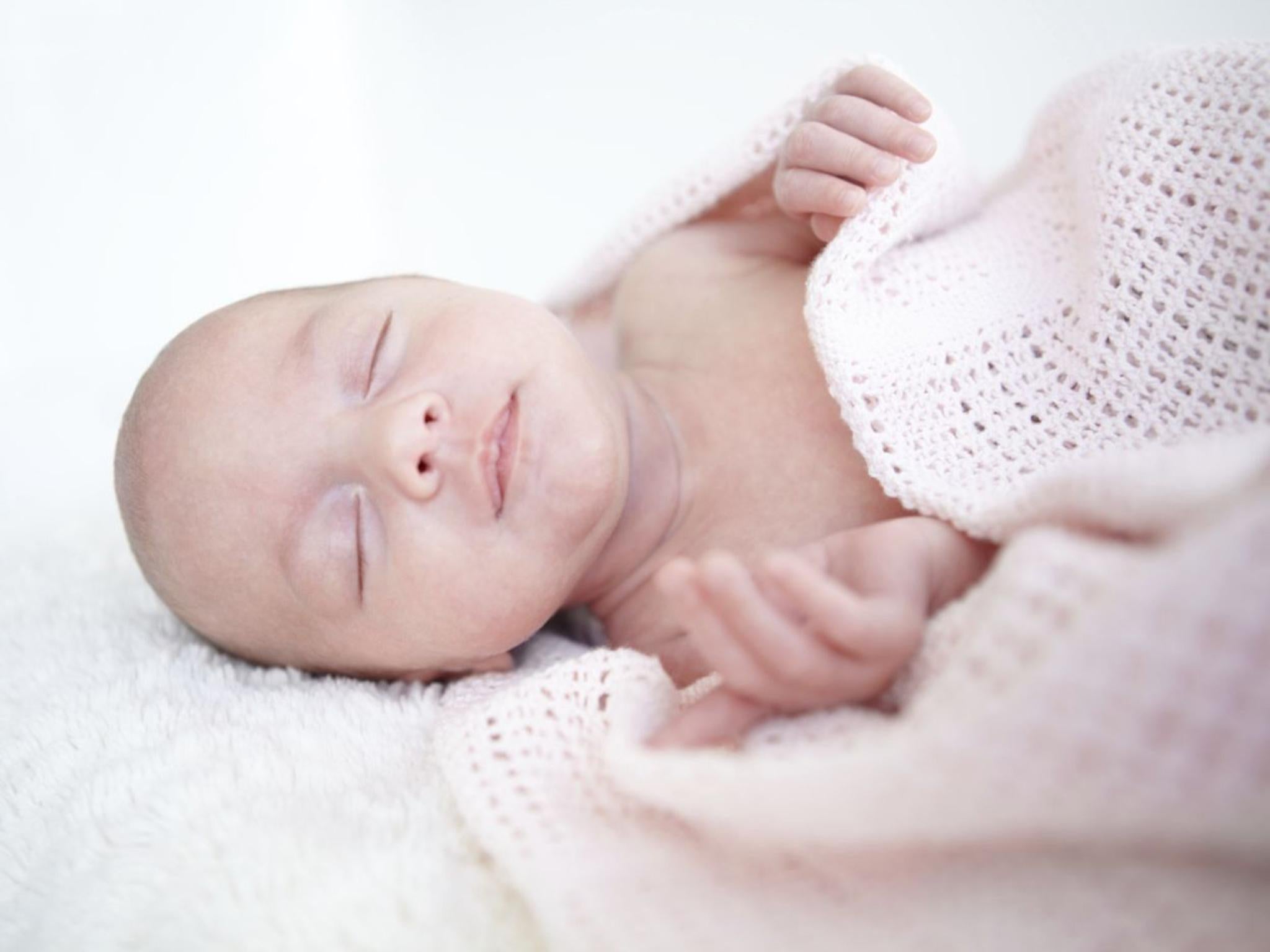Babies born without mothers is not science fiction but the future, suggest scientists
New study calls for the 'ethical minefield' posed by new technique to be examined 'urgently'

Your support helps us to tell the story
From reproductive rights to climate change to Big Tech, The Independent is on the ground when the story is developing. Whether it's investigating the financials of Elon Musk's pro-Trump PAC or producing our latest documentary, 'The A Word', which shines a light on the American women fighting for reproductive rights, we know how important it is to parse out the facts from the messaging.
At such a critical moment in US history, we need reporters on the ground. Your donation allows us to keep sending journalists to speak to both sides of the story.
The Independent is trusted by Americans across the entire political spectrum. And unlike many other quality news outlets, we choose not to lock Americans out of our reporting and analysis with paywalls. We believe quality journalism should be available to everyone, paid for by those who can afford it.
Your support makes all the difference.It might sound like a scenario straight out of the dystopian novel Brave New World, but babies born without mothers and intensive “embryo farming” could be on the horizon, according to a new report.
Produced by embryologists at Ivy League American universities, Harvard and Brown, it has called on countries to “urgently” consider the impact of in-vitro gametogenesis (IVG).
The technique could lead to “designer babies” and ethical minefield, it says.
The possibility of motherless children is something researchers have contemplated since the development of a procedure enabling clinics to make both sperm and eggs from skin, adds the study, published this week in the journal Science Translational Medicine.
In late 2016, scientists at the University of Bath developed a technique that allowed healthy baby mice to be born without the need for a female mouse.
Eggs were “tricked” into developing into an embryos without fertilisation and these were then injected with sperm.
Baby mice were then born without the need for a mother, with a 24 per cent success rate.
At the time, the researchers said the prospect of children being conceived without mothers was “speculative and fanciful”.
However, the US report paints a rather different picture.
“With science and medicine hurtling forward at breakneck speed, the rapid transformation of reproductive and regenerative medicine may surprise us,” it says.
“Before the inevitable, society will be well advised to strike and maintain a vigorous public conversation on the ethical challenges of IVG.”
The report's authors also warned that the technique could enable parents to artificially select from dozens of embryos and effectively create so-called “designer babies”.
“There's something troubling about an inexhaustible supply of gametes that can be fertilised into an inexhaustible supply of embryos,” wrote Dr Adashi, a professor of medical science and former dean of medicine and biological sciences at Brown University.
IVG could also revolutionise in vitro fertilisation (IVF) by vastly expanding the supply of eggs, which must currently be drug-induced and then harvested in small quantities.
Although healthy men can produce millions of sperm, women of reproductive age usually only produce one egg a month.
“IVG may raise the spectre of 'embryo farming' on a scale currently unimagined, which might exacerbate concerns about the devaluation of human life,” wrote Dr Adashi, who produced the report, with co-authors Glenn Cohen of Harvard Law School and George Daley of Harvard Medical School.
He added: “IVG could, depending on its ultimate financial cost, greatly increase the number of embryos from which to select, thus exacerbating concerns about parents selecting for their 'ideal' future child.”
If the technique is developed for humans, producing sperm or eggs without the need for reproductive organs could help patients who have fertility problems, perhaps because of chemotherapy or disease.
The technique could also assist post-menopausal women, gay couples and single people to have children.
One of the more speculative scenarios suggested by the study is the creation of a baby with just one parent’s genes – which could potentially be very risky to a baby’s health.
Another suggested scenario is the prospect of people being made parents without their knowledge or consent.
“Should the law criminalise such an action? If it takes place, should the law consider the source of the skin cells to be a legal parent to the child, or should it distinguish an individual’s genetic and legal parentage?” the authors wrote.
In the UK, recent advancements in IVF led to the controversial “three parent baby” technique being given the go-ahead in December last year.
The technique, which prevents babies from inheriting genetic diseases by using a tiny amount of DNA from a second woman as well as genetic information from the mother and father, was approved by the Human Fertilisation and Embryology Authority (HFEA).
The Government’s chief scientific advisor, Sir Mark Walport welcomed “this careful and considered decision by the HFEA.”
“The UK leads the world in the development of new medical technologies," he said. "This decision demonstrates that, thanks to organisations like the HFEA, we also lead the world in our ability to have a rigorous public debate around their adoption.”
Join our commenting forum
Join thought-provoking conversations, follow other Independent readers and see their replies
Comments